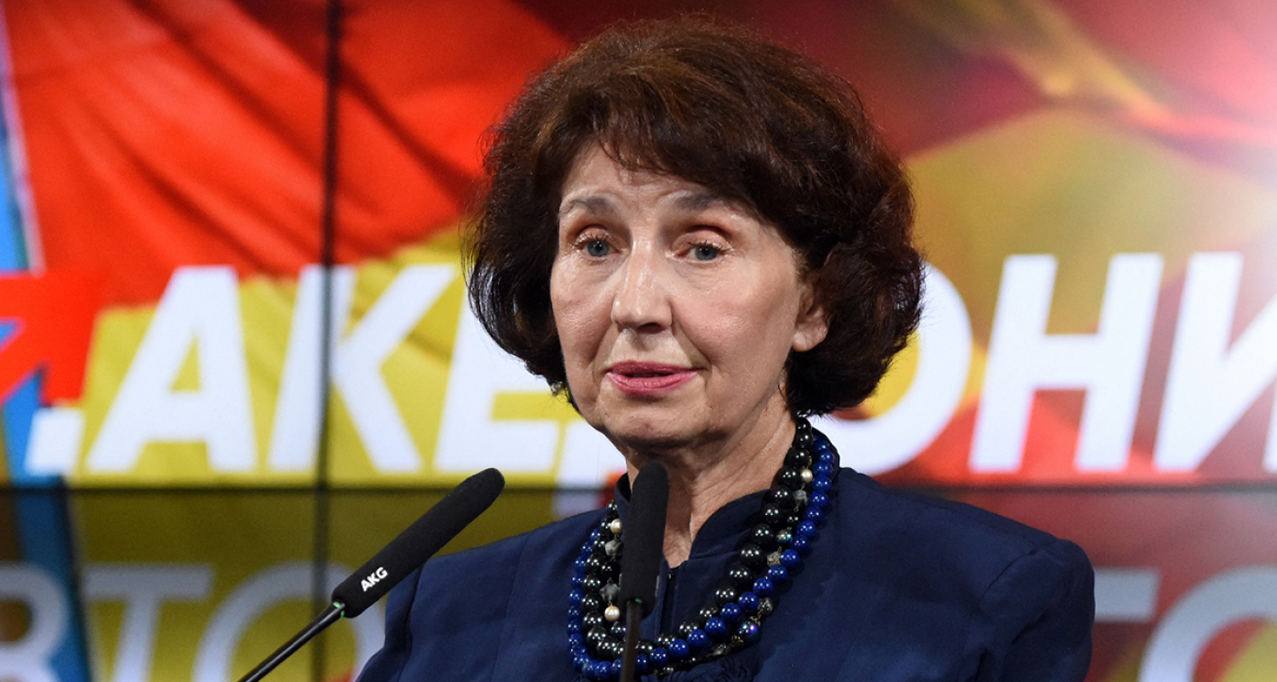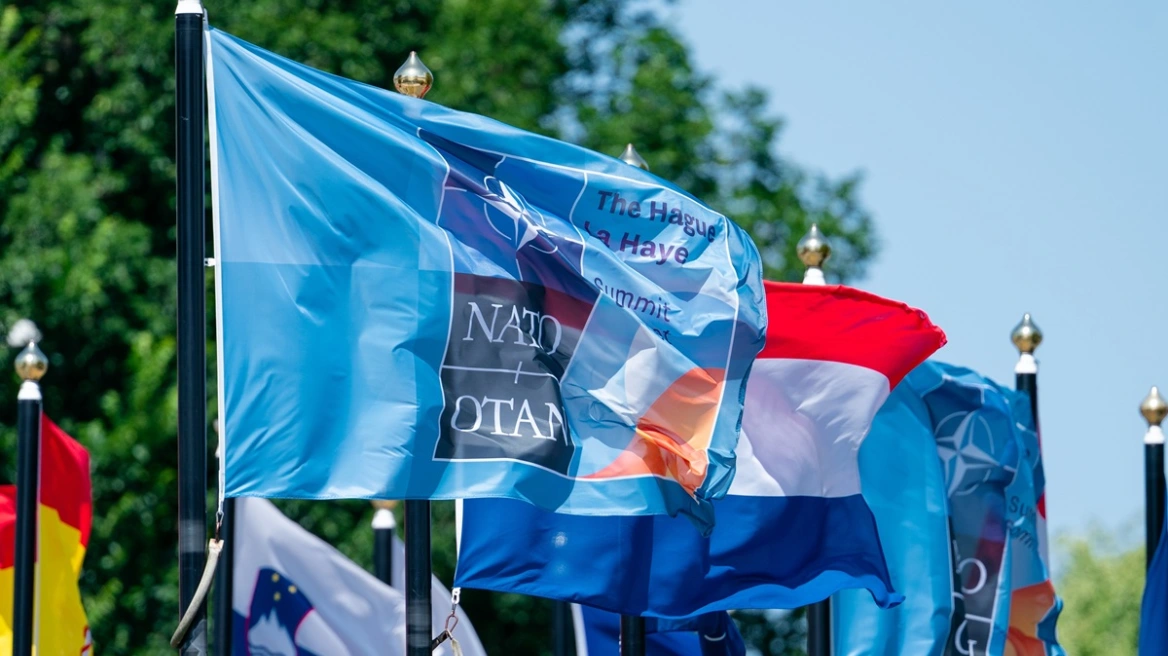After her swearing-in ceremony, the President of North Macedonia, Gordana Siljanovska, blatantly violated the Prespa Agreement by practically reinstating “Macedonian” irredentism through her support for the alleged “Aegean Macedonians.”
According to a statement from the country’s Presidency, Siljanovska met with representatives of the “Refugee Children from Aegean Macedonia” and discussed with them the celebrations for the 75th anniversary of the “expulsion of the Aegean Macedonians.” She emphasized that the “fate and tragedy of the 30,000 refugee children and their Golgotha should not be silenced or relativized,” adding that respect and knowledge of the past “provide ample room for a friendly future that we strive for the good of all in the Balkans and Europe.”
Siljanovska also made a related post on her account on “X,” where she declares herself “President of Macedonia,” in a blatant violation of the Prespa Agreement.
The Association of “Macedonian Refugee Children from Aegean Macedonia” is the most hardline organization expressing “irredentism” against Greece, as it implies the existence of a…”Macedonia” occupied by Greece (sic), from which the Slavic-oriented and Slavic-speaking so-called “Macedonians” were “expelled” during the Greek Civil War (1946-49). When the opportunity for the return of political refugees from the Eastern Bloc was decided within the framework of National Reconciliation, a small group, mainly children who had been taken to Yugoslavia by the Communist forces that fled Greece after their defeat, refused the invitation to return. They demanded that their travel documents with Slavic names be accepted, listed their place of birth as the Greek cities of Macedonia with their Slavic names, and their nationality as “Macedonian.”
This group of citizens of North Macedonia with origins from Greece and their descendants form one of the tools for promoting the main narrative of “irredentist nationalism” in Skopje. In recent years, their activities had been marginalized, but now, as indicated by Siljanovska’s intervention, they are being mobilized again to support the narrative of the existence of a “Macedonian minority” in Greece thus presenting the Greek Macedonia as part of their…”unliberated” country.
The meeting took place in anticipation of the annual irredentist events held on June 30th to commemorate the so-called “expulsion of the Aegean Macedonians” from “Aegean Macedonia.”
It should be noted that both the revival of irredentism and the raising of minority issues on either side of the border, even indirectly, constitute a violation of the specific provisions of the Prespa Agreement.
Ask me anything
Explore related questions





